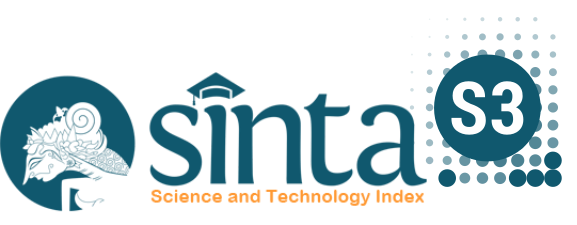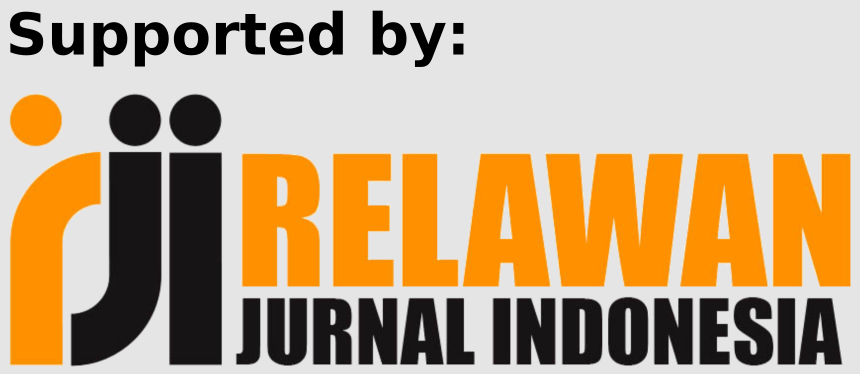Factors associated with failure of exclusive breastfeeding practice
DOI:
https://doi.org/10.31101/jhtam.443Abstract views 2442 times
Keywords:
Failure of exclusive breastfeeding, Exclusion of exclusive breastfeeding, BreastfeedingAbstract
Downloads
References
Chatterji, P. and Frick, K. D. 2005. Does Returning to Work After Childbirth Affect Breastfeeding Practices?. Review of Economics of the Household 3, 315-335.2005.
Elyas, L., Mekasha, A., Admasie, A., & Assefa, E. (2017). Exclusive Breastfeeding Practice and Associated Factors among Mothers Attending Private Pediatric and Child Clinics, Addis Ababa, Ethiopia: A Cross-Sectional Study. International Journal of Pediatrics, 2017, 1–9. https://doi.org/10.1155/2017/8546192
Felice, J. P. (2014). NIH Public Access, 60(1), 31–48. https://doi.org/10.1016/j.pcl.2012.09.010.Breastfeeding
Fonseca-Machado, M. de O., Haas, V. J., Stefanello, J., Nakano, A. M. S., & Gomes-Sponholz, F. (2012). Breastfeeding: Knowledge and practice. Revista Da Escola de Enfermagem, 46(4), 809– 815. https://doi.org/10.1590/S0080-62342012000400004
Hunegnaw, M. T., Gezie, L. D., & Teferra, A. S. (2017). Exclusive breastfeeding and associated factors among mothers in Gozamin district, northwest Ethiopia: A community based cross- sectional study. International Breastfeeding Journal, 12(1), 1–8. https://doi.org/10.1186/s13006- 017-0121-1
Modupe Rebekah Akinyinka, M. M. F., Foluke Adenike Olatona, M. M. F., & Esther Oluwakemi Oluwole, M. M. F. (2016). Breastfeeding Knowledge and Practices among Mothers of Children under 2 Years of Age Living in a Military Barrack in Southwest Nigeria. International Journal of MCH and AIDS (IJMA), 5(1), 1–13. https://doi.org/10.21106/ijma.79
Murtagh, L., & Moulton, A. D. (2011). Working mothers, breastfeeding, and the law. American Journal of Public Health, 101(2), 217–223. https://doi.org/10.2105/AJPH.2009.185280
Oche, M. O., Umar, A. S., & Ahmed, H. (2011). Knowledge and practice of exclusive breastfeeding in Kware, Nigeria. African Health Sciences, 11(3), 518–523. https://doi.org/10.4314/tjmr.v15i2.
Stuebe, A. (2009). The risks of not breastfeeding for mothers and infants. Reviews in Obstetrics & Gynecology, 2(4), 222–231. https://doi.org/10.3909/riog0093
Tewabe, T., Mandesh, A., Gualu, T., Alem, G., Mekuria, G., & Zeleke, H. (2017). Exclusive breastfeeding practice and associated factors among mothers in Motta town, East Gojjam zone, Amhara Regional State, Ethiopia, 2015: A cross-sectional study. International Breastfeeding Journal, 12(1), 1–7. https://doi.org/10.1186/s13006-017-0103-3
UNICEF. (2011). Breastfeeding the best start for your baby, 30.
Vijayalakshmi, P., Susheela, T., & Mythili, D. (2015). Knowledge, attitudes, and breast feeding practices of postnatal mothers: A cross sectional survey. International Journal of Health Sciences, 9(4), 364–374. Retrieved from http://www.pubmedcentral.nih.gov/articlerender.fcgi? artid=4682591&tool=pmcentrez&rendertype=abstract
WHO. (2007). Planning Guide for national implementation of the Global Strategy for Infant and Young Child Feeding, 1–46. Retrieved from http://www.who.int/maternal_child_adolescent/documents/9789241595193/en/
Downloads
Published
How to Cite
Issue
Section
License
Authors who publish with Journal of Health Technology Assessment in Midwifery agree to the following terms:
- Authors retain copyright and grant the journal right of first publication with the work simultaneously licensed under a Creative Commons Attribution License (CC BY-SA 4.0) that allows others to share the work with an acknowledgment of the work's authorship and initial publication in this journal.
- Authors are able to enter into separate, additional contractual arrangements for the non-exclusive distribution of the journal's published version of the work (e.g., post it to an institutional repository or publish it in a book), with an acknowledgment of its initial publication in this journal.
- Authors are permitted and encouraged to post their work online (e.g., in institutional repositories or on their website) prior to and during the submission process, as it can lead to productive exchanges, as well as earlier and greater citation of published work.

Journal of Health Technology Assessment in Midwifery is licensed under a Creative Commons Attribution-ShareAlike 4.0 International License..













